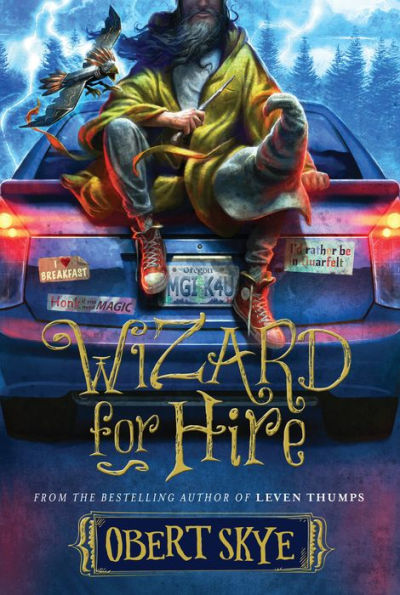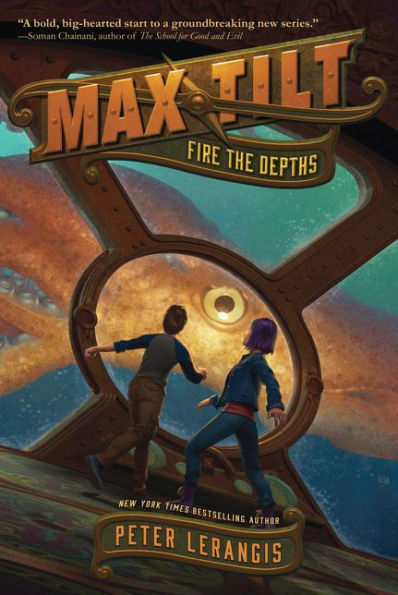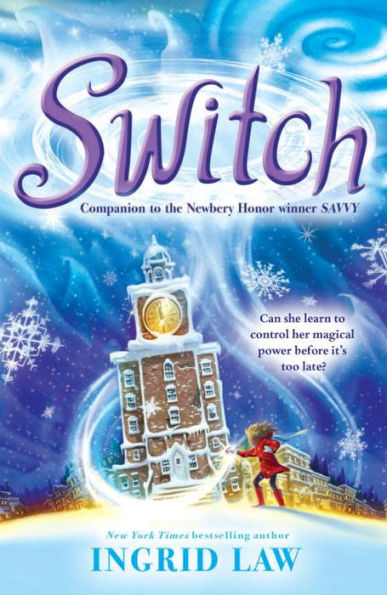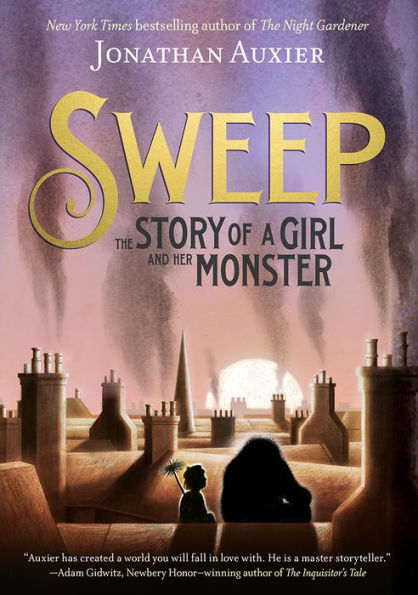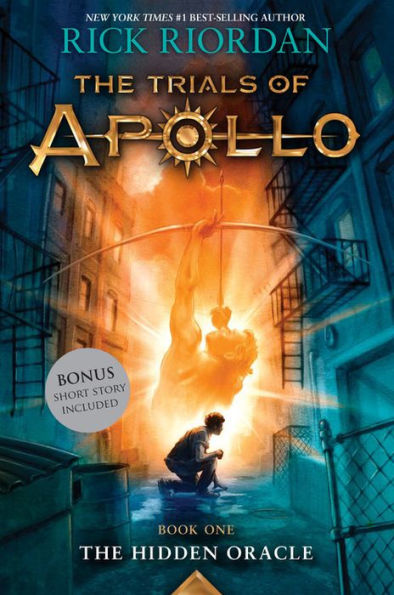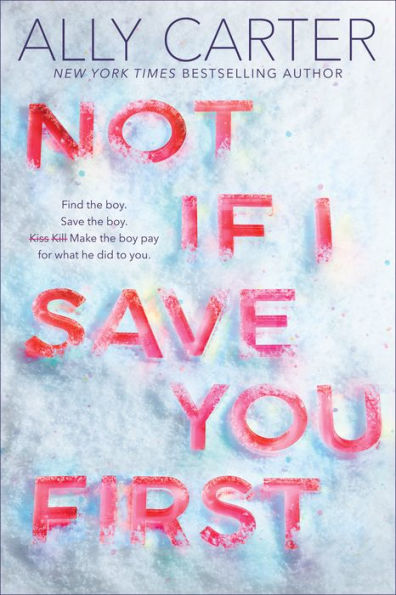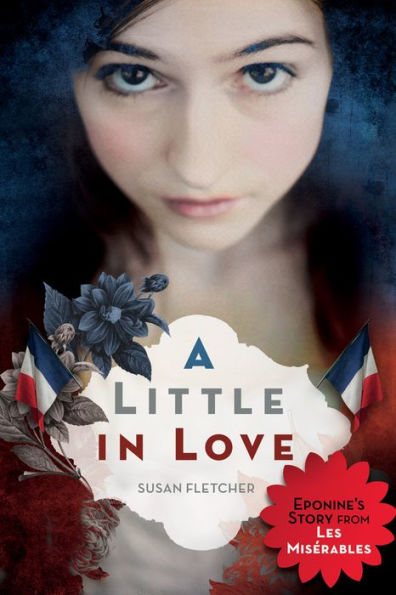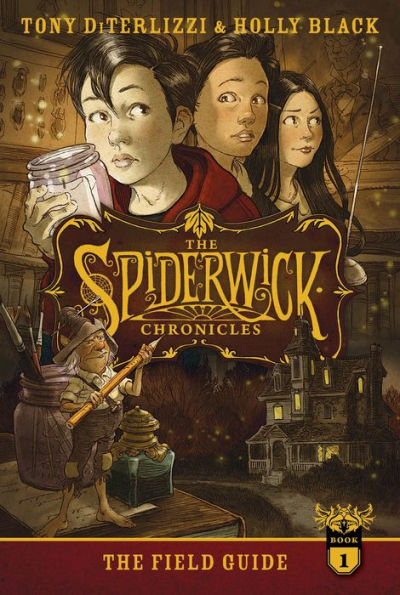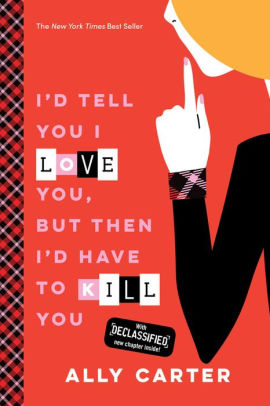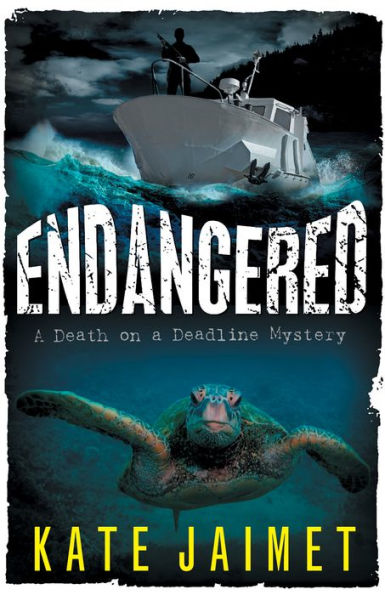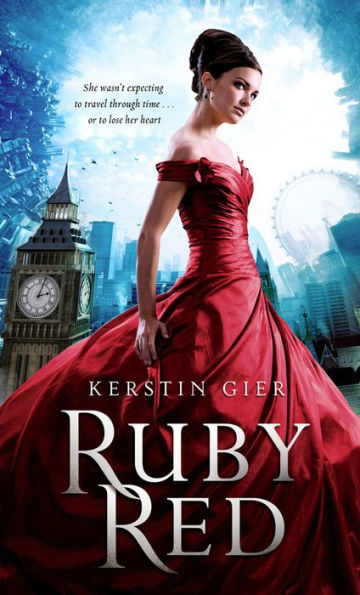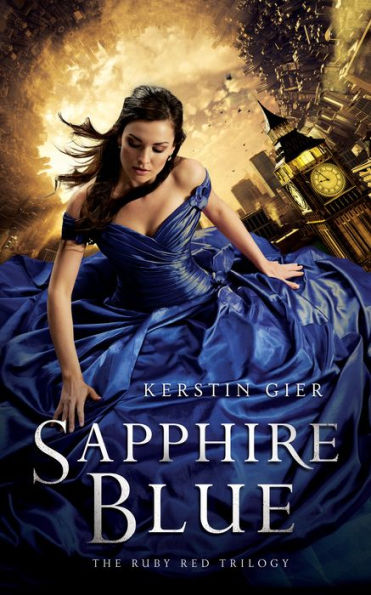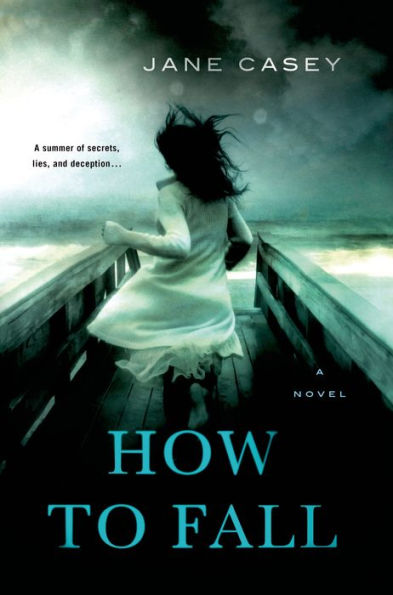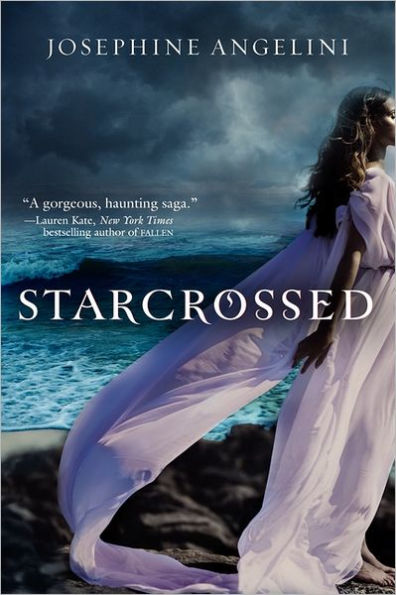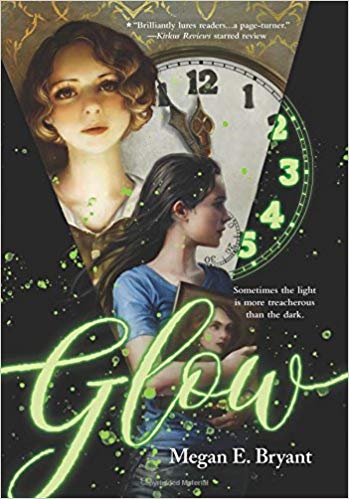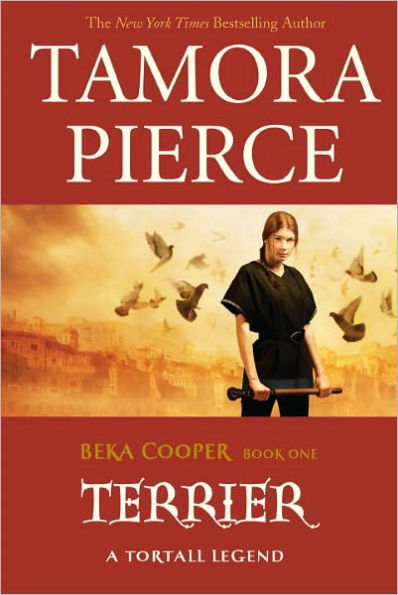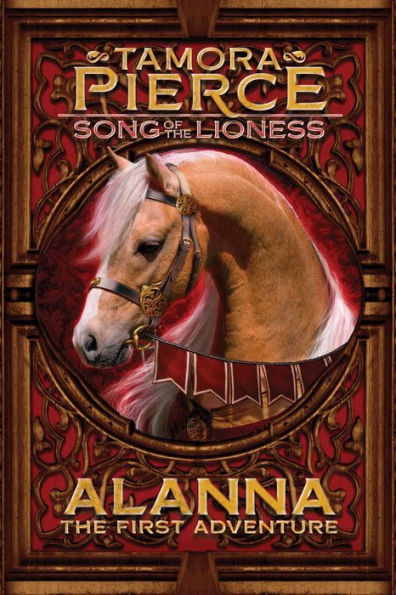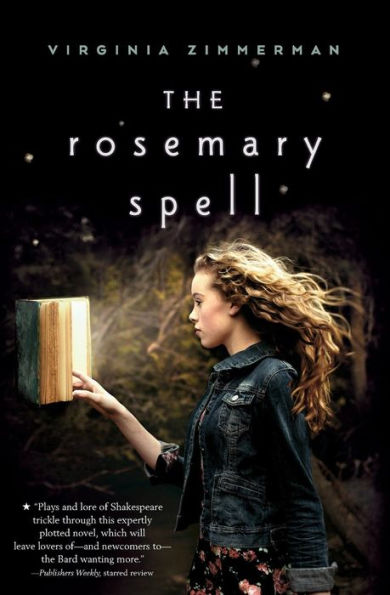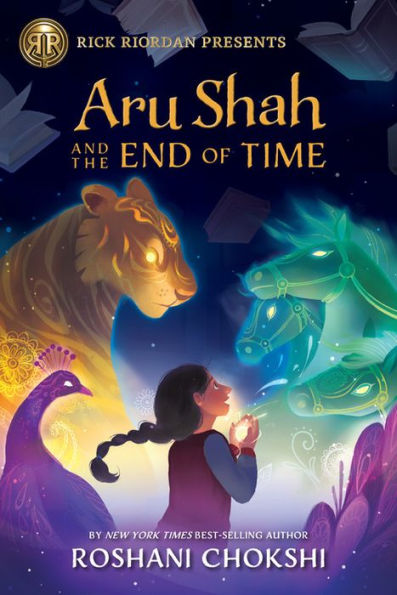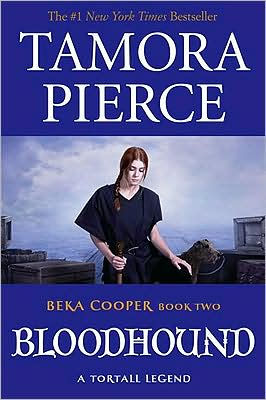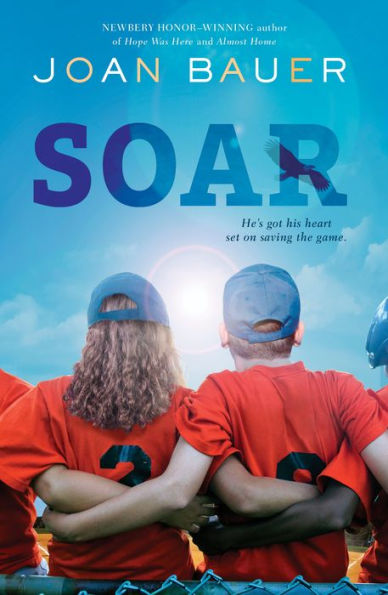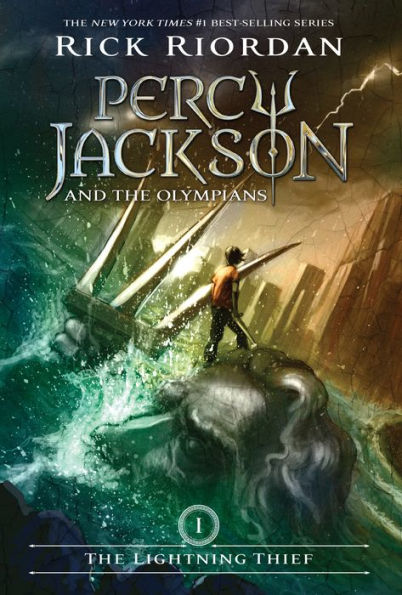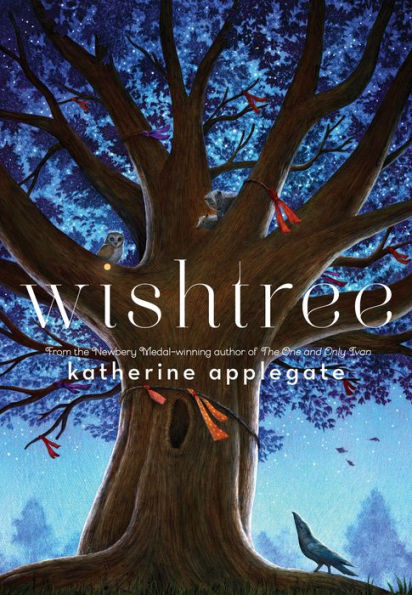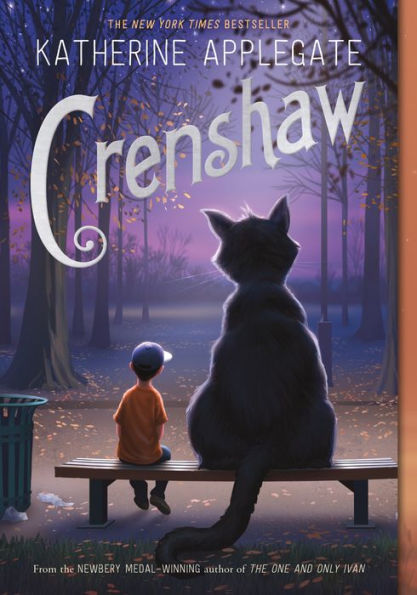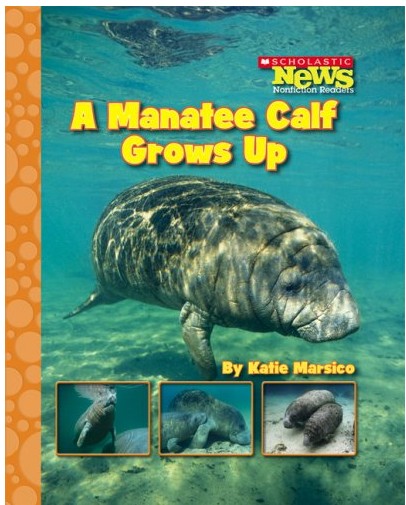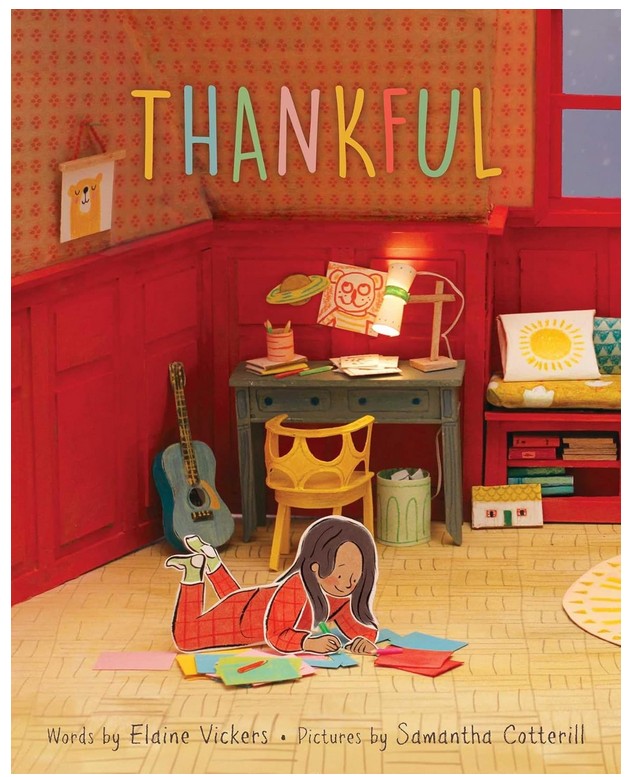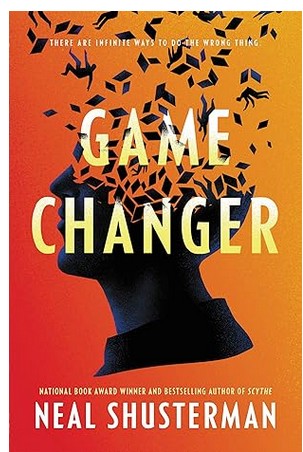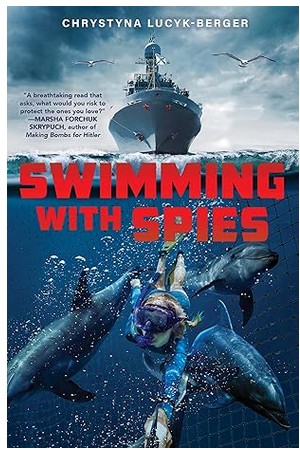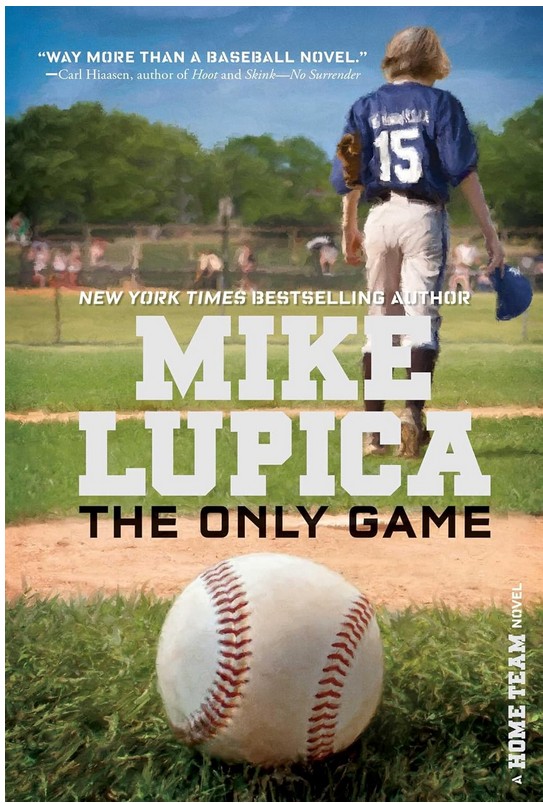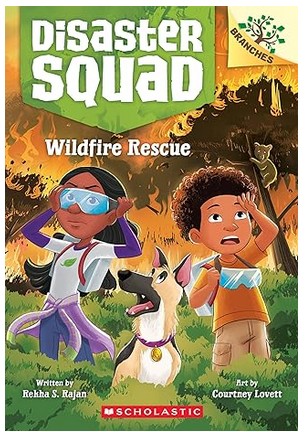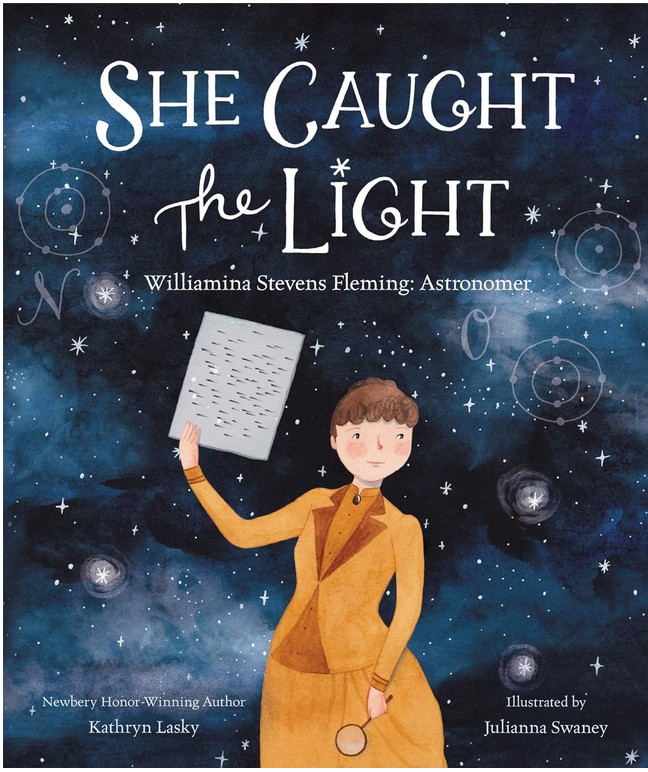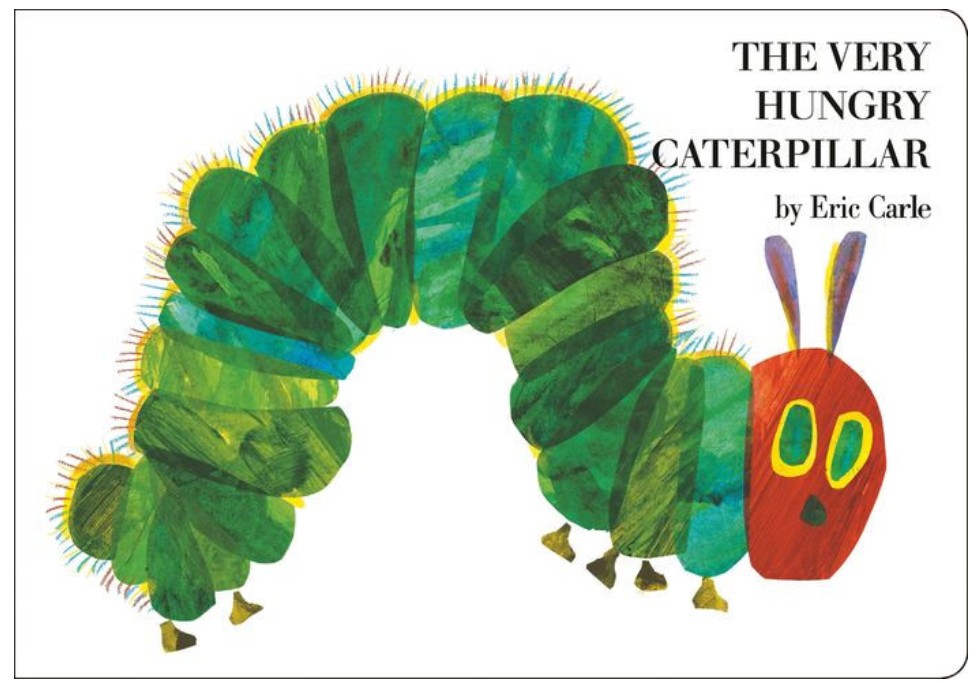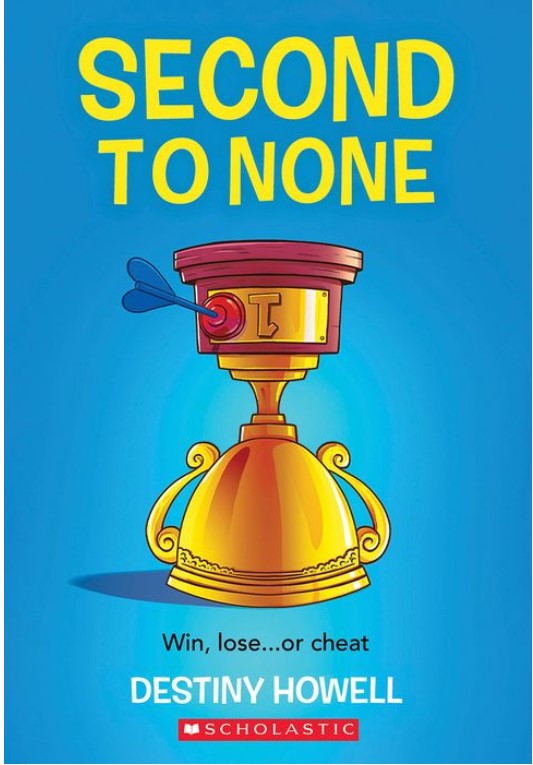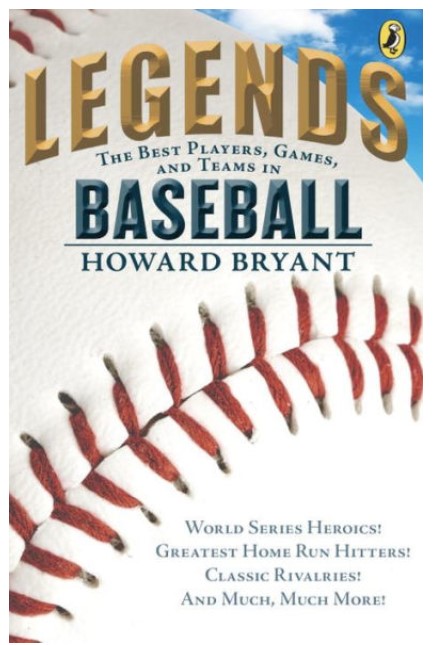When Ozzy was six years old, men took his parents. Since then, he’s lived alone. When Ozzy finds Clark, a robotic talking raven, the two venture into town. All Ozzy wants is to find his parents, but he’s not sure how a fourteen-year-old boy can discover the secrets to his parents’ disappearance.
Then Ozzy sees an advertisement: wizard for hire. Ozzy isn’t sure if wizards are real, but he’s read enough about Harry Potter that he has hope that wizards do exist. When Labyrinth “Rin” appears in his bathrobe and high-top tennis shoes, Ozzy has his doubts. Can Rin cast any magic spells and help him find his parents?
Wizard for Hire will cast a spell over readers, making it hard to put the book down. From the very first page, the story begins with an engaging mystery and a unique character that is easy to love. After living alone for so long, Ozzy struggles with how to talk to others, which is a dilemma many readers will relate to. The surprising appearance of a magical raven brings humor and heart into the story. Clark gives Ozzy encouragement, advice, and a reason to leave his small cabin. Clark’s crushes on metal objects add a fun element to the story.
Once Rin enters the story, Ozzy (and the reader) are both left questioning Rin’s wizardly abilities. Rin could be using magic or modern technology to help Ozzy, but the reader is left guessing about Rin’s magical ability. Rin casts a spell to make Ozzy invisible, which only works because the man is blind. Even though Rin may or may not be a wizard, he embarks on a quest to find Ozzy’s parents. As Rin and Ozzy investigate to find Ozzy’s missing parents, they must avoid the police who are looking for Ozzy, which adds suspense to the story. One additional bonus is Rin’s occasional words of wisdom. For example, when Ozzy is worried about his future, Rin tells him, “Too many of you humans are scared by ghosts that haven’t yet formed.”
Humor, heart, and Harry Potter references make Wizard for Hire a must-read. This coming-of-age story shows the importance of being unique and true to yourself. Although the ending isn’t a happy-every-after, Ozzy does find the answers to his questions. Although there is very little violence, some sensitive readers may be upset by the idea that Ozzy’s uncle was responsible for his parents’ deaths and, in the end, desires to kill Ozzy for greed and personal gain.
Sexual Content
- Clark, a metal bird, is attracted to metal objects. “Clark sort of gets funny crushes on anything bird-related—or made of metal.” Once he tells Ozzie that “your fork isn’t unattractive. Maybe you could bring it home.” Later in the story, Clark has a crush on a dumpster.
Violence
- Men came and took Ozzy’s parents. “One of the men put a rag over Emmitt’s mouth. Another did the same to Mia. Ozzy’s parents thrashed and kicked, but their mouths were covered and they were no match for the hulking men who had them bound.” Ozzy hides from the men, who leave him, thinking he will die.
- A man breaks into Ozzy’s home. Later, Ozzy discovers who the robber was and Clark follows him. “Something hit Ed in the back of the head, causing a good deal of pain and making his sunglasses fly off of his head. Ed swore. . . Something slammed into the right side of his face. Ed spun around twice before regaining his footing. . . Something slammed into and stung his lower back. It took everything he could do to keep the bike under control.” The man crashes the bike, but “he scrambled up screaming and swearing.”
- There is a car chase. Trying to lose the men who were chasing them, Rin goes into a graveyard. “The SUV followed suit. They were considerably bigger than the white car and kept hitting gravestones on their right side. . .” The SUV crashes.
- Ozzy finds out that his uncle took his parents “and brought them to a bunker in New Mexico, leaving Ozzy for dead.” When Ozzy’s parents wouldn’t tell his uncle the formula, his uncle ended “his parents’ lives.”
- During another car chase, Clark “shot through the window” of the SUV. “The bird bounced around inside the vehicle like a possessed pinball. He knocked the driver’s glasses askew and broke a tooth of the large goon with the mean eyes.” The SUV “flipped onto its side and went skidding across the freeway.”
- The bad guy, with a gun, confronts Ozzy. Clark saves his friend when he “slammed into the right side of Charles’s head. The evil half-uncle swore and waved his gun at the dark sky. . . Clark swooped in again and hit him from the left. Charles spun and shot into the air, hitting the bird and dropping him like a rock down onto the deck.”
- Ozzy tackles Charles and “the gun flew from his hand and Charles’s head slammed against the railing. Ozzy began to punch him as if he were the root of all his sorrow ever. And since he was, Rin let it go for a few moments before he pulled the boy off.”
- Charles grabs Rin’s wizard wand and “raised his fist, intending to thrust the wand into Ozzy’s chest, but at that moment, the dark sky opened up and a terrific bolt of lightning snaked down and made contact with the wand. . .” Charles is dead and “Ozzy saw, “his lifeless body smoldering.”
Drugs and Alcohol
- When the wizard first discovers that Ozzy lives deep in the words, he tells Ozzy, “Listen, if your family is out here doing something illegal, like making moonshine or fireworks, I want no part of it.”
Language
- The bad guy yells, “The formula your parents came up with could have changed the world. No more idiots letting their free will ruin things for others.”
Supernatural
- Ozzy’s dad makes a metal bird named Clark that is alive.
- Rin said he went to Quarfelt, which is another dimension, where wizards live.
- Ozzy’s parents thought they “discovered a formula that could help people have better control over their own free will. The formula had the potential to cure apathy and misunderstandings.” They tested the formulas on unsuspecting people. One man, under the influence of the formula, enters a polar bear enclosure and walks towards the bears. “Timsby stood up in the water and began to walk toward the bears. Before he could get to them, four zookeepers entered the enclosure from the door.”
Spiritual Content
- None
